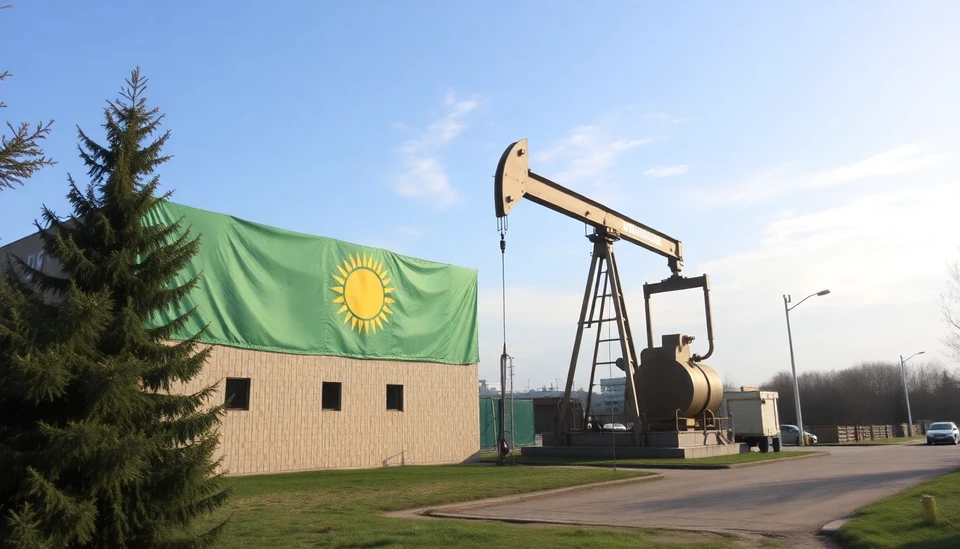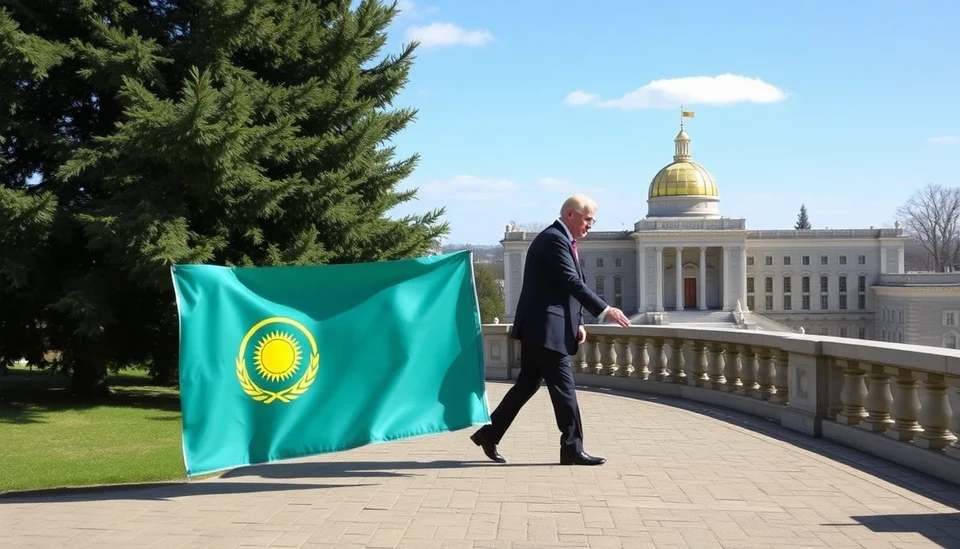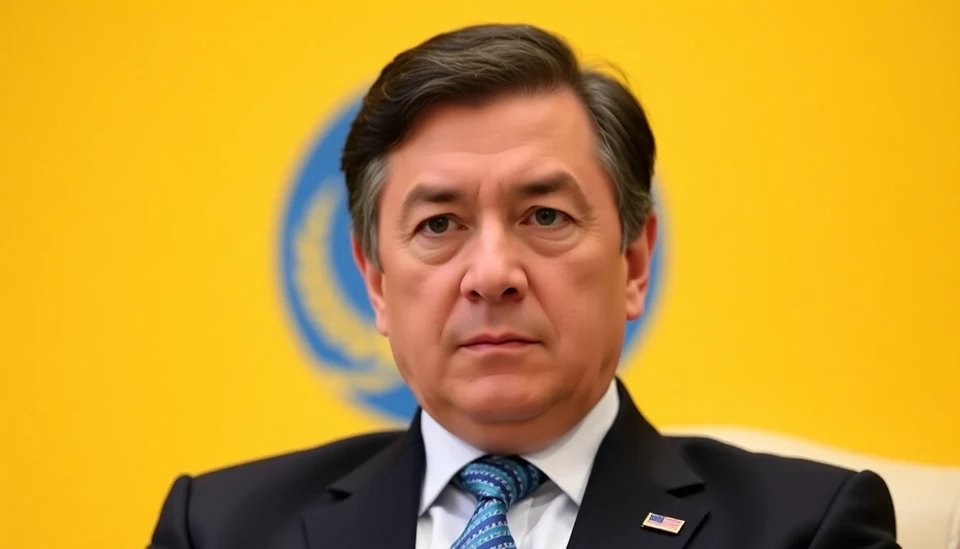
In a significant move to stabilize its economy, Kazakhstan's central bank has raised its key interest rate for the first time since 2022. This decision comes in response to a steep decline in the national currency, the tenge, which has faced unprecedented volatility amid various economic pressures. The central bank's action aims to curb rising inflation and restore confidence in the currency, which has been severely impacted by both external and internal factors.
The National Bank of Kazakhstan announced an increase in the policy rate from 16.75% to 17.5%, signaling a proactive approach to safeguarding the economic stability of the nation. This hike aligns with the bank's ongoing commitment to address inflation, which has seen a notable surge in recent months. Economic analysts have pointed out that inflationary pressures, particularly in the consumer goods sector, have compelled the bank to take decisive action to prevent further depreciation of the tenge.
This interest rate adjustment marks a stark shift from the previous periods where Kazakhstan's economic policy appeared more lenient. The last rate change prior to this was in 2022, when the bank adopted a more cautious stance, hoping to stimulate growth while managing inflation. However, given the recent turmoil, the resurgence of aggressive monetary policy reflects the urgency felt within the financial strategy of the nation.
Experts believe that the depreciation of the tenge is largely tied to fluctuating global oil prices, as Kazakhstan relies heavily on oil exports for its revenue. With a significant drop in oil prices recently, the country's economic resilience has been tested, pushing the central bank to act. Additionally, external factors, such as geopolitical tensions and global economic uncertainty, have further complicated Kazakhstan's financial landscape, contributing to this challenging scenario.
Following the announcement, there was immediate market reaction as the tenge's value began to stabilize, albeit cautiously. Investors and traders are keenly observing the situation, hoping that this monetary tightening will reinstate confidence amongst the foreign investors and halt the currency's downward trajectory. Market analysts suggest that the success of this rate hike will largely depend on sustained governmental and monetary efforts moving forward.
As Kazakhstan navigates these economic uncertainties, officials have reiterated their commitment to maintaining financial stability and fostering an environment conducive to growth. The hope is that this rate increase will not only help restore the tenge's value but also lay the groundwork for a more robust economic recovery in the coming years.
As the situation evolves, it is crucial for both national and international stakeholders to monitor the outcomes of this monetary policy change and its implications on Kazakhstan's broader economic health. Continued vigilance and strategic planning will determine the resiliency of the Kazakh economy in the face of ongoing global economic challenges.
In conclusion, Kazakhstan's recent interest rate hike represents a crucial step in addressing the pressing issues of inflation and currency depreciation. The central bank's response reflects a broader strategy aimed at reinforcing economic stability and enhancing investor confidence amid tumultuous market conditions.
#Kazakhstan #InterestRateHike #Tenge #EconomicStability #Inflation #CentralBank #OilPrices
Author: Rachel Greene




